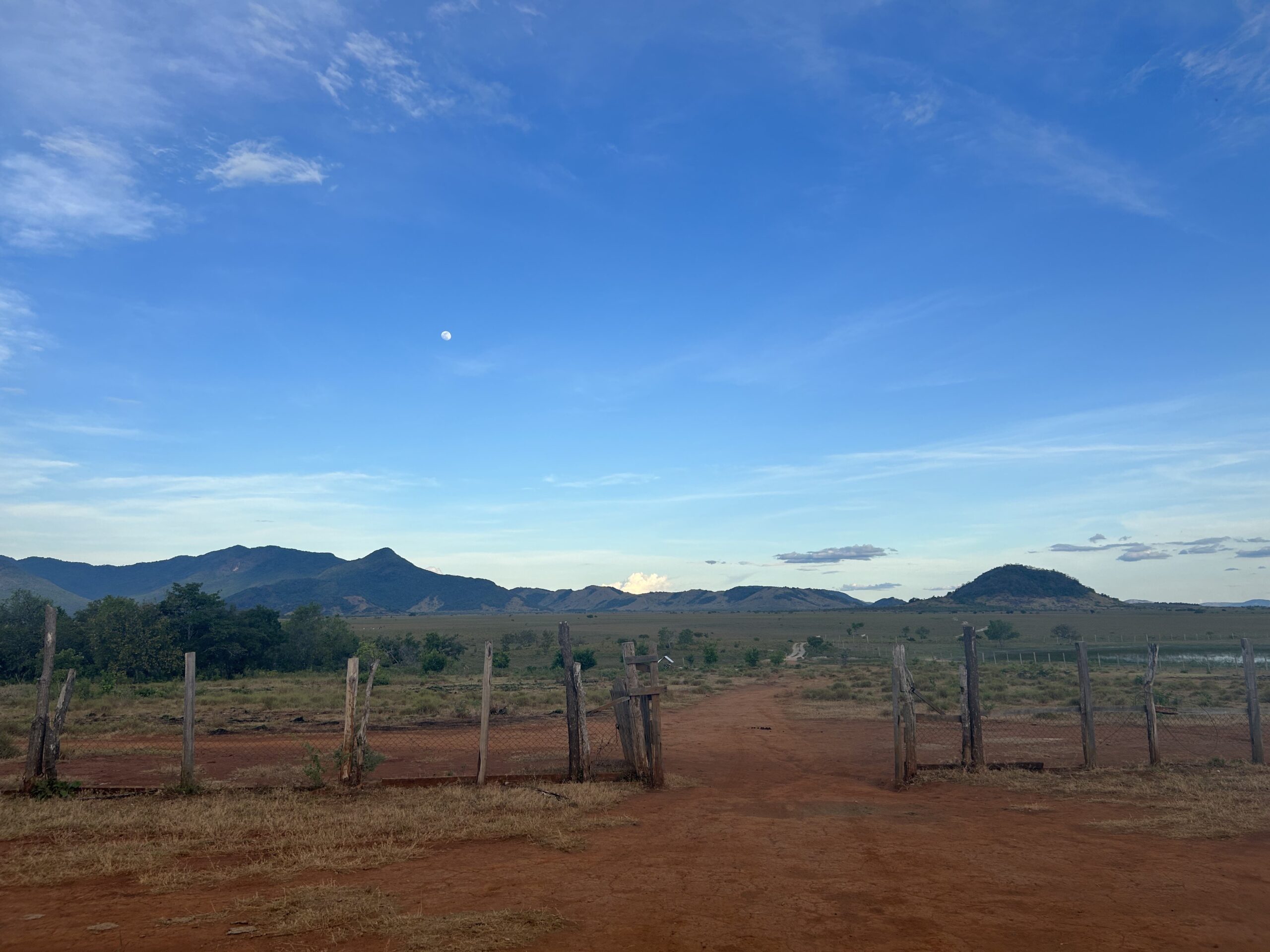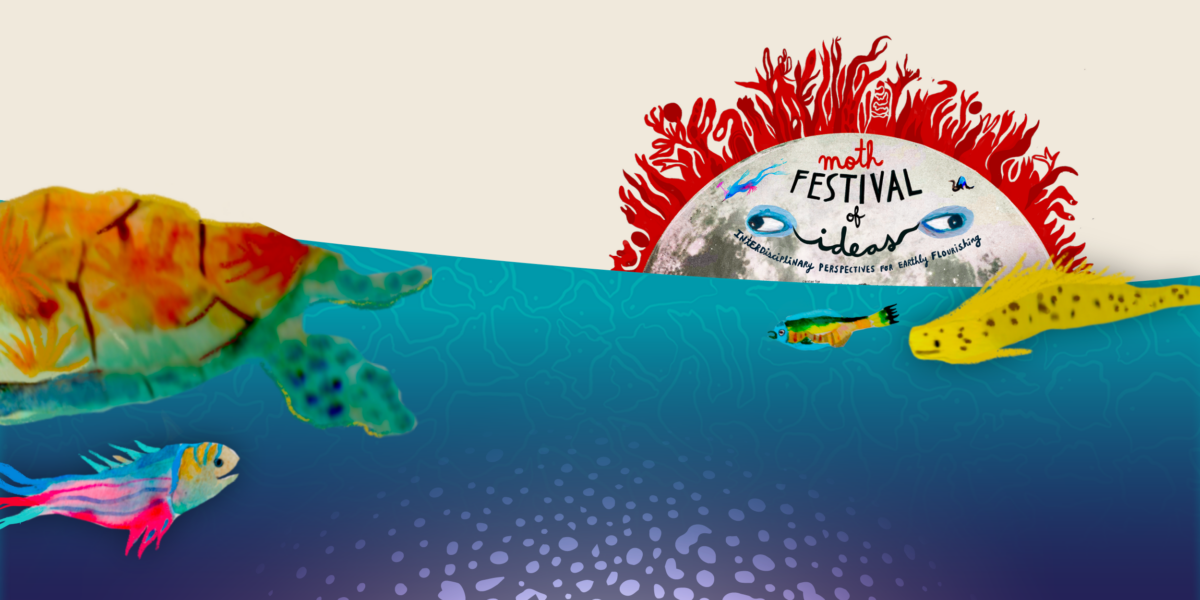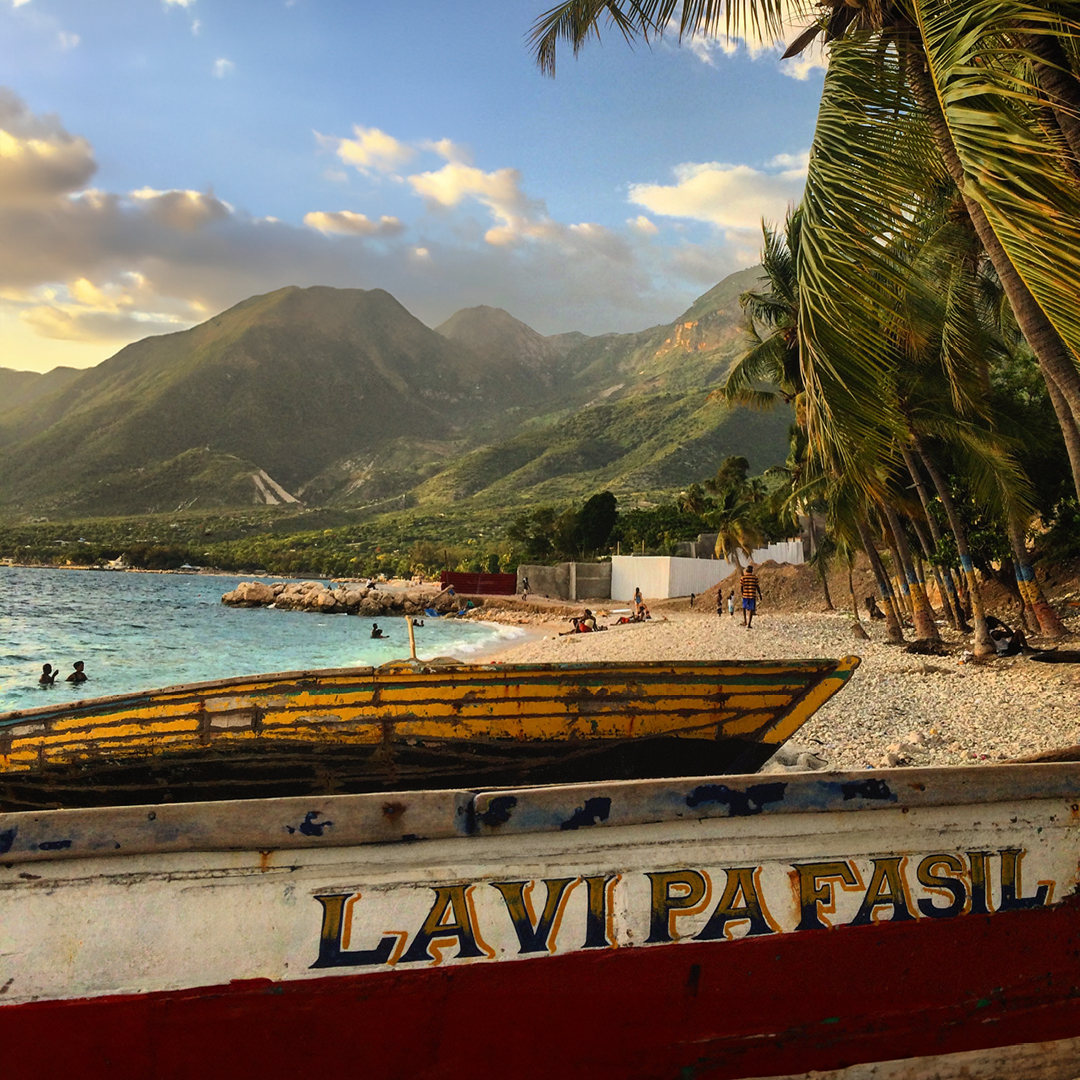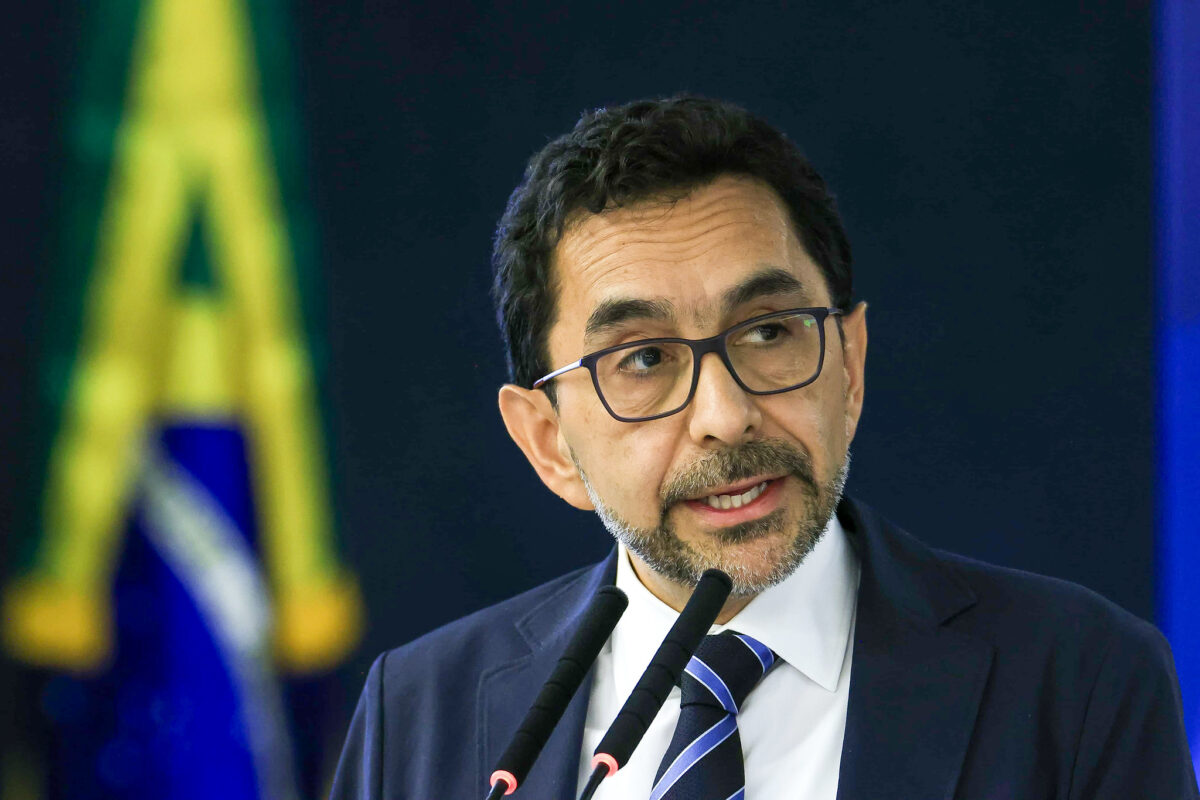CLIMATE AND ENVIRONMENT
The MOTH Program & Project CETI explore how understanding whale communication can reshape the law
New York University’s More-Than-Human Life (MOTH) Program and Project CETI (Cetacean Translation Initiative) have joined forces to explore how advances in our understanding of sperm whale communications could lead to positive legal change. Their findings are presented in a new article forthcoming in Ecology Law Quarterly and published on New York University School of Law’s pre-print site (SSRN): “What if We Understood what Animals are Saying? The Legal Impact of AI-assisted Studies of Animal Communication.” The paper explores the growing fields of artificial intelligence and bioacoustics and their potential to reshape human and nonhuman law by challenging long-held assumptions about animal communication.
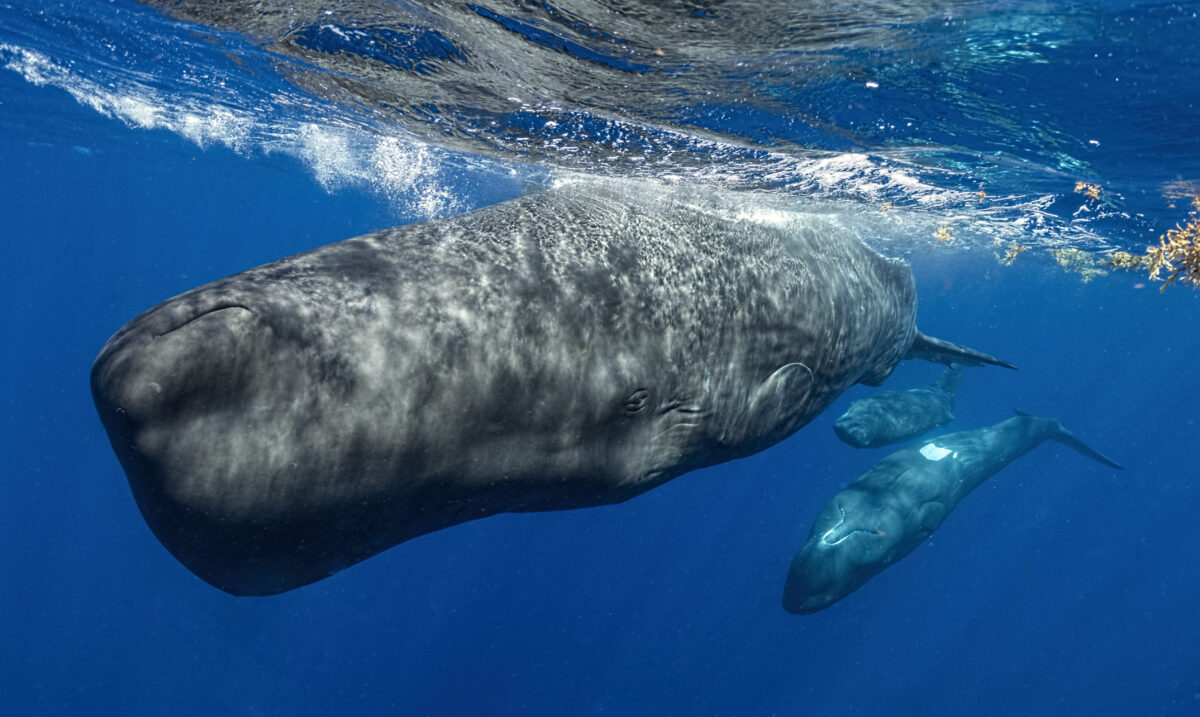
Recent and interdisciplinary advancements in recording technology, advanced robotics, and AI have revealed that many species, from whales to honeybees, possess sophisticated communication systems. Pioneering projects like Project CETI utilize artificial intelligence and technological advances to study those communication systems and have already made groundbreaking findings, such as the sperm whale phonetic alphabet. Proving that cetaceans have a capacity for language would challenge current linguistic theories that confine language to humans and disrupt the legal landscape. From this starting point, co-authors César Rodríguez-Garavito, David F. Gruber, Ashley Otilia Nemeth, and Gašper Beguš explore two interdisciplinary questions rooted in law, linguistics, and science.
What if we could use AI to understand what animals – in particular, sperm whales – are saying? And what if we could use the law to translate that understanding into renewed protections and respect for nonhuman animal populations?
Law and policy often lag behind the frontiers of scientific advancement, but the collaboration between NYU’s MOTH Program and Project CETI bridges that gap, bringing together two nascent and rapidly evolving fields: nonhuman animal communication technologies and more-than-human law. Together, the two organizations investigate the legal and ethical possibilities arising from new challenges to long-held assumptions about nonhuman animal communication. The joint article examines the legal implications of understanding sperm whales’ capacity for language and, taking the question even further, investigates the legal implications of understanding the contents of sperm whale communication.
Understanding the capacity and content of sperm whale language could radically reshape existing legal frameworks and supplement deeply insufficient contemporary understandings of cetacean behavior, social dynamics, needs, and experiences of suffering. These insights could strengthen enforcement of existing legislation, such as the Endangered Species Act (ESA) and the Marine Mammal Protection Act (MMPA), catalyze entirely new rights for cetaceans, or spark a fundamental transformation in cetaceans’ recognition and treatment by the law.
“At this inflection point, we must deepen our comprehension of the legal possibilities, and the risks, that arise when humans turn to AI to connect with and understand the more-than-human world,” says César Rodríguez-Garavito, founder of the MOTH Program and Professor at NYU Law. “But the potential impacts are much broader. By infusing legal thinking and practice with respect and reciprocity for other forms of life, we can reimagine what flourishing interspecies relationships look like.”
“A deeper appreciation for how nonhuman animals communicate allows us to better honor our relationship and interconnections with the natural world,” adds David Gruber, founder of Project CETI and Project Lead. “As science reveals new portals and understandings about the variety of ways in which life communicates with one another and other species, this shift in understanding should be paired by legal and policy protections.”

“Language is a defining trait of humanity—through language we build our relationships, societies, and even our laws. Science has already uncovered many properties of language in nonhuman animals, especially sperm whales, but we haven’t fully asked ourselves what this means for our legal frameworks. As AI-assisted research continues to bring new insights, we ask in our paper: If language underpins our humanity, our rights, and our laws, what does discovering these properties in nonhumans mean for their legal status, and how might our legal systems evolve as a result?” adds Gašper Beguš, CETI’s lead of Linguists and Associate Professor of Linguistics at the University of California, Berkeley.
“The history of nonhuman animal law demonstrates that science and public sentiment have long shaped—and will continue to shape—the way we treat other species. Unlocking nonhuman animal communication gives us yet another chance to wonder whether the boundaries of legal rights and personhood that humans have created are truly immutable,” says Ashley Otilia Nemeth, Supervising Attorney at the NYU Law MOTH Program.
The findings discussed in this article and the rapid growth of this field of research are already revealing an “immense world” of nonhuman animal perception, intelligence, and communication that humbles us into acknowledging our deep connections and similarities with the more-than-human world. With appropriate precautions and safeguards, the capabilities of today’s technology may not only draw us nearer to comprehension and “the verge of a breakthrough in interspecies technology.” They may also inspire new initiatives rooted in empathy and respect for the-more-than-human world, provide a path through current legal roadblocks, and raise fascinating challenges to fundamental legal paradigms, from entirely new rights to legal personhood.
Project CETI (Cetacean Translation Initiative) is a nonprofit scientific and conservation organization that is applying advanced machine learning and state-of-the-art robotics to listen to and translate the communication of sperm whales. Founded with catalytic funding via The Audacious Project, CETI’s science team comprises over 50 leading experts in artificial intelligence, natural language processing and complex systems, marine biology, cryptography, linguistics, robotics, engineering and underwater acoustics. This work demonstrates that today’s most cutting-edge technologies can be used to benefit not only humankind, but all species on this planet. CETI has made pioneering scientific discoveries, including characterizing a sperm whale phonetic alphabet and the discovery of sperm whale vowels. By sharing our findings with the public and collaborating with legal initiatives such as NYU’s MOTH, CETI is actively generating a greater wonder for Earth’s matrix of life as well as envisioning future legal and policy directions for the benefit of both humans and more-than-human life.
Project CETI is a US 501c3 (EIN: 84-4630660) and a Dominican Approved Charitable Organization (No. C53).
The MOTH (More-Than-Human Life) Program, hosted by NYU School of Law, is an interdisciplinary initiative advancing the rights and well-being for humans, non-humans, and the web of life that sustains us all. The program brings together legal scholars, scientists, Indigenous leaders, journalists, artists, and other thinkers and doers from across the world.
- TIME Magazine: Researchers are Using AI to Understand what Animals are Saying
- National Geographic: Whales could one day defend themselves in court – and in their own words


